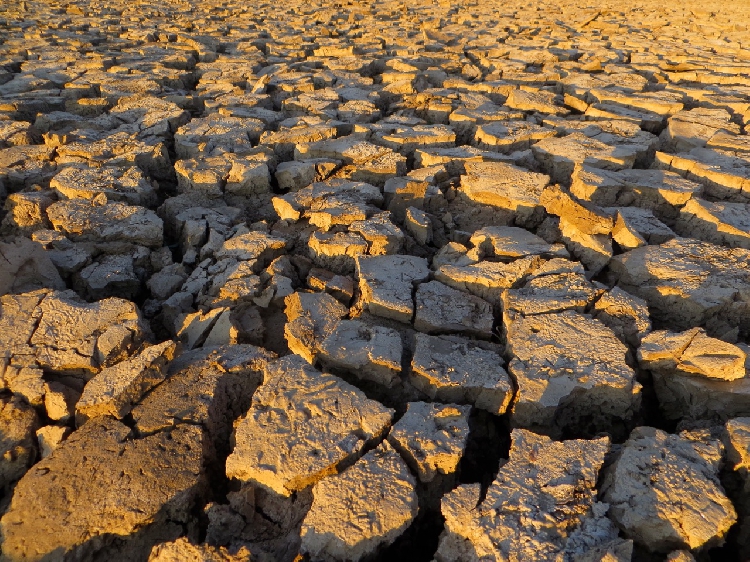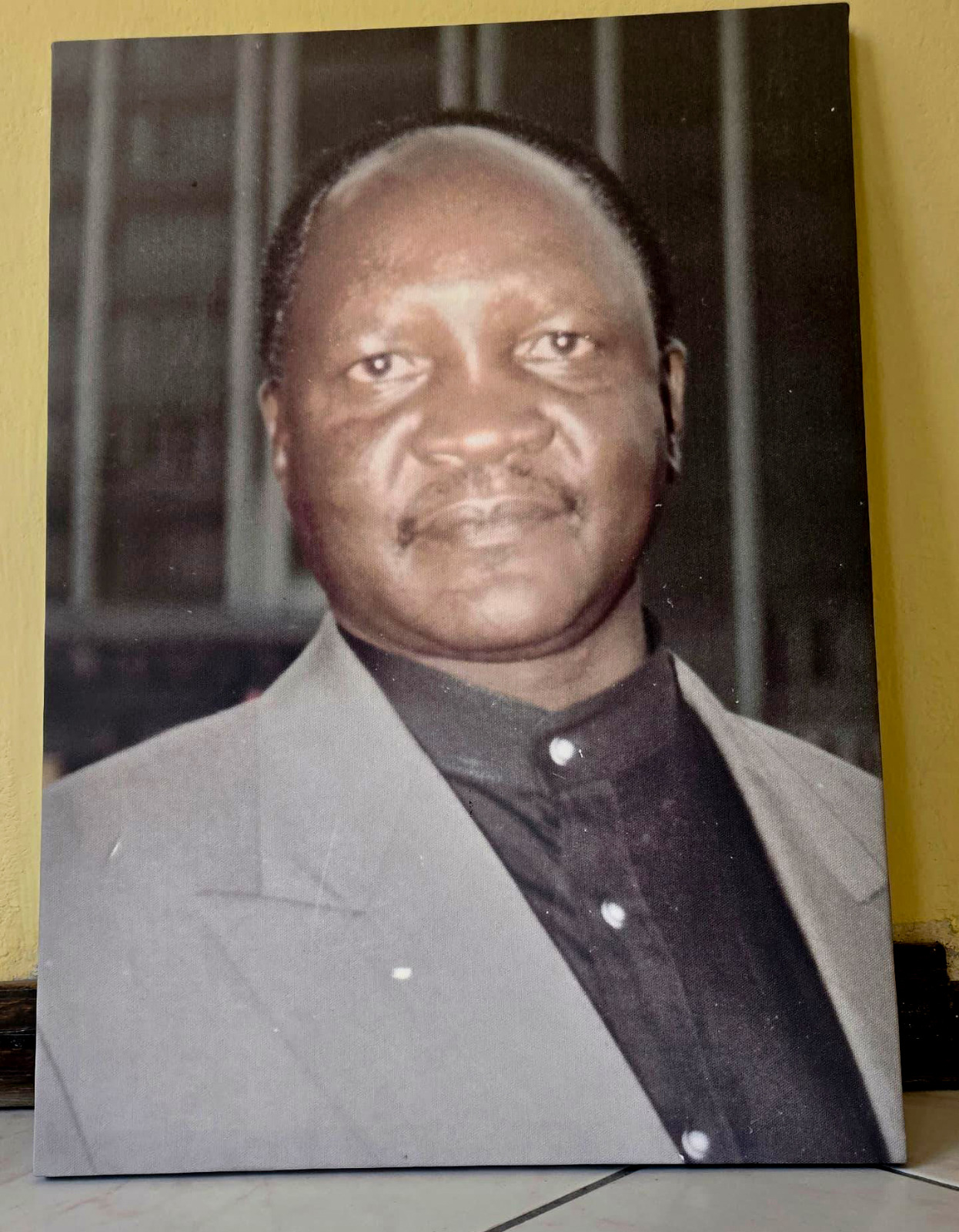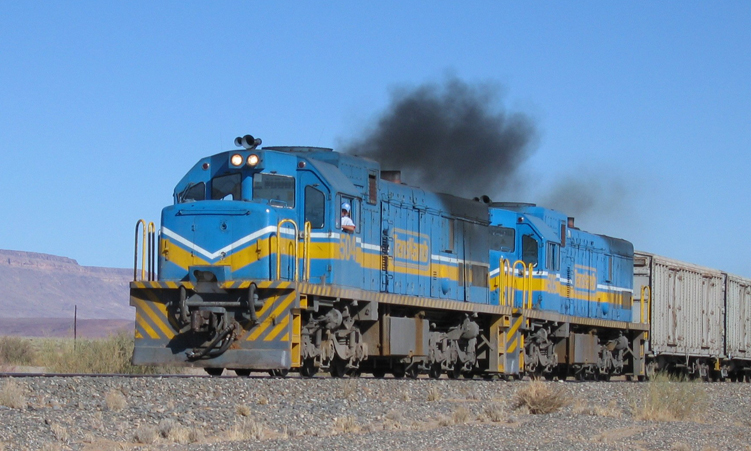THE United Nations System in Namibia is encouraging Namibians to participate in World Humanitarian Day today to #ShareHumanity by standing #UnitedwithUNNamibia against the drought.
World Humanitarian Day, commemorated each year on 19 August, is a time to recognise those who face danger and adversity in order to help others.
According to UN records, humanitarian and development partners estimate that over 52 million people will be food insecure in east and southern African countries, and that this number could rise.
Namibia, being a semi-arid country, is prone to climate variability, and has seen a persistent drought for the past four years. As a result of the drought, the country is also facing a water crisis.
Drought affects one of the very basic needs for the survival of people, which is food. When drought hits, its first and direct impact is on agriculture, which supports the livelihoods of more than 60% of the population in sub-Saharan Africa.
“Therefore, response aid is not enough; a longer-term approach is required in order to build the resilience of the most vulnerable,” the UN Namibia said in a statement.
The sustainable development goals (SDGs) highlight the diverse problems that the drought has caused in Namibia. Therefore, throughout the beginning of August, the UN shared the 17 SDGs in the shape of Namibia on social media to inspire the public to work towards sustainability on a personal level. The goals focus on resource mobilisation, mitigation, adaptation to climate change and resilience building.
“However, without the active participation of the public, these goals will not be achieved,” the statement read.
According to the UN, the Namibian government, with the support of the UN System, is implementing clear policy directives. These include mainstreaming climate change adaptation; disaster risk reduction, and food and livelihood security into development planning. Work is also underway to raise awareness, and a knowledge-management strategy is also in place.
Agencies such as UNDP and FAO work specifically to combat and mitigate the effects of drought. Through the FAO Southern Africa El Niño Response Plan (ENRP), FAO works closely with governments in the region to ensure that food insecurity is addressed and drought-resilient agricultural methods are implemented. The UNDP provides technical assistance for the development of early recovery and resilience-building strategies, for the mainstreaming of disaster risk reduction and climate change adaptation in the government’s recovery frameworks.
“All Namibians can stand #UnitedwithUNNamibia, and make small changes in their daily lives to help achieve the SDGs and to #ShareHumanity. Whether that is taking a shorter shower, recycling, or generating awareness of Namibia’s drought, the opportunities are endless,” the statement noted.
Stay informed with The Namibian – your source for credible journalism. Get in-depth reporting and opinions for
only N$85 a month. Invest in journalism, invest in democracy –
Subscribe Now!






